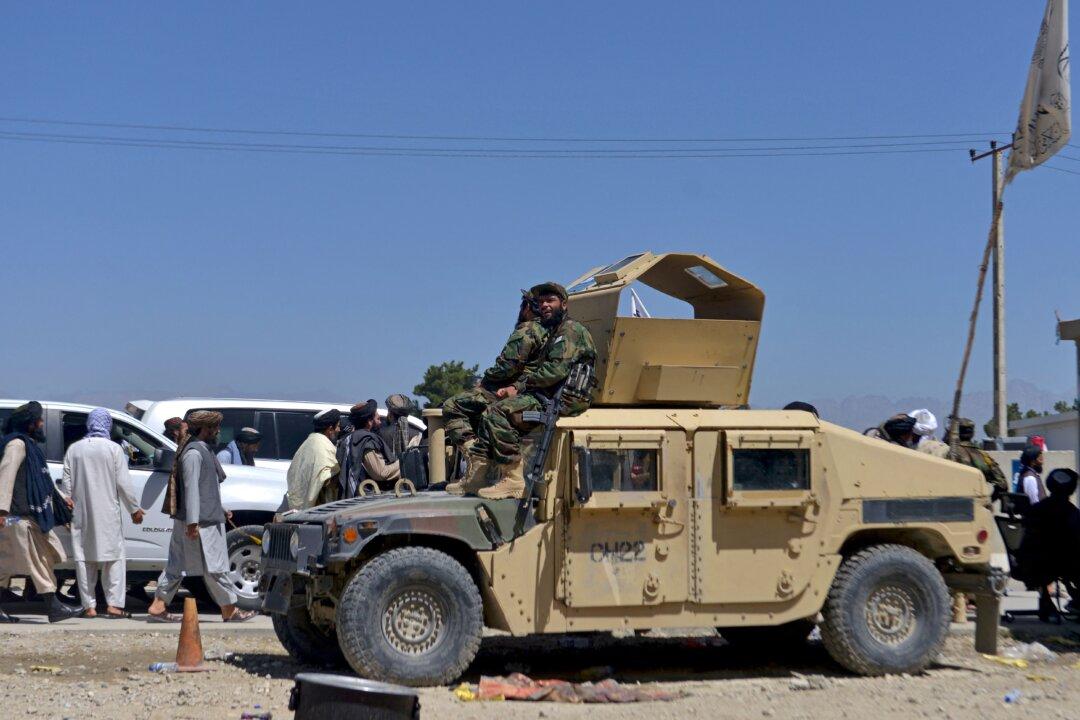Beijing’s crackdown on celebrities in the entertainment industry has resulted in Chinese social media such as Weibo, as well as major film and television websites, removing relevant content of the purged artists.
Authorities posted on Chinese social media Weibo, a list of so-called “inferior artists” on Aug. 26, 2021, which went viral. The post requested that an investigation and clearance be carried out on artists, including Huo Zun, Wu Yifan (Kris Wu), Zheng Shuang, Zhao Wei, and Fan Bingbing.




